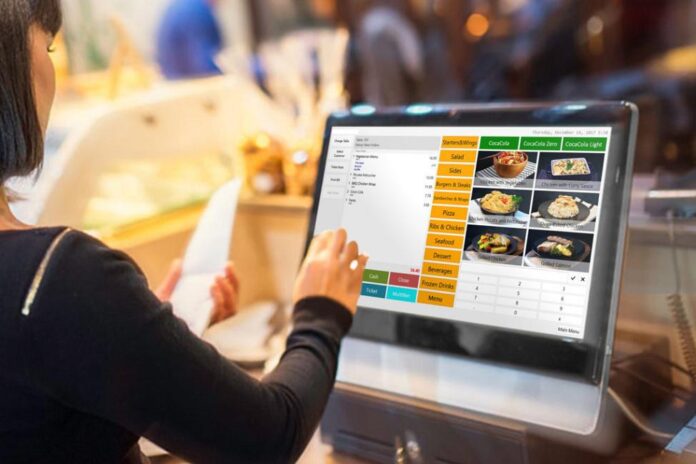In the current fast-paced commercial environment, overseeing operations effectively is crucial for achieving goals, and one of the tools that can help in this endeavor is a POS system. These systems have matured significantly from traditional cash handling to advanced, cloud-based platforms that not only streamline transactions but also improve overall company functioning. While we grow increasingly aware of our ecological responsibilities, it's essential to investigate how modern POS systems can aid to eco-friendliness initiatives.
Featuring features designed to optimize stock management, improve customer satisfaction, and ensure data security, the right POS system can transform how companies operate. This piece explores the environmental effects of these systems, analyzing how they minimize waste, encourage energy conservation, and support the growing demand for eco-friendly business practices. By comprehending the advantages and functionalities of modern POS systems, businesses can make informed choices that are both good for their financial interests but also beneficial for the environment.
Understanding POS Systems
A Point of Sale solution is a mix of hardware and software that enables businesses to manage their sales transactions efficiently. At its core, a Point of Sale solution facilitates the handling of client buying activities, enabling businesses to accept various payment methods, control stock, and create sales reports. Contemporary POS systems have evolved considerably from traditional cash systems, offering enhanced functionalities that cater to a wide range of sectors.

The progression of Point of Sale systems has been extraordinary, shifting from basic till registers to sophisticated cloud-based solutions that leverage technology to enhance business operations. This shift has greatly benefited stores and service providers alike, offering them with resources to track transactions, manage inventory levels, and examine client patterns. Grasping why not try these out is essential for companies looking to remain relevant in an ever more tech-focused environment.
In addition sales processing, modern Point of Sale systems offer integrated features that improve general operational effectiveness. For instance, numerous systems now include inventory control, employee scheduling, and customer relationship management (CRM) functions. By understanding the comprehensive features of Point of Sale solutions, businesses can take informed choices about which solutions most align with their operational requirements and help promote expansion.
Determining the Right POS System
Determining the appropriate POS system for your company requires thorough consideration of your individual needs and operational goals. Commence by analyzing the core features that are vital for your business type. For example, a dining establishment may emphasize features like seating arrangements and supply management, while a store might focus on product management and customer loyalty programs. Carrying out a needs assessment can help you determine which functionalities will enhance your operations and improve customer experiences.
An additional critical aspect in determining a POS system is its ability to scale. As your business grows, your POS software should be able to adapt and grow along with your needs. Consider whether the system can handle more users, additional sites, or greater transaction volumes without compromising performance. Look for cloud-based solutions that offer adaptability, enabling you to easily obtain software updates and new features as they become available.
In conclusion, it is essential to assess the vendor’s customer support and training options. A dependable support system can make a significant impact, especially during the primary setup and ongoing maintenance stages. Ensure that the provider offers comprehensive training for your employees, as well as available customer support options. This focus in support will help you minimize downtime and ensure that you can fully take advantage of the capabilities of your selected POS system.
Boosting Corporate Productivity through Point of Sale
Implementing a contemporary POS system can significantly streamline operations for businesses of any sizes. By digitizing tasks such as stock control, sales monitoring, and customer relationship management, companies can minimize the resources spent on manual processes. This efficiency allows employees to concentrate on delivering superior customer service and driving sales, which can lead to higher profitability.
In addition, a fully integrated POS system enhances communication between various departments within a organization. With capabilities that allow for real-time data sharing, staff from sales, inventory, and management can work cohesively. This collaboration reduces miscommunication and guarantees that everyone is on the same wavelength regarding stock levels, sales results, and client needs.
In conclusion, the data analytics features of contemporary POS systems provide organizations with critical insights. By evaluating sales trends and client interactions, companies can make data-driven decisions to improve their operations. This analytics-based approach not only boosts operational efficiency but also drives targeted marketing efforts, ultimately leading to enhanced customer satisfaction and loyalty.
